Support truly
independent journalism
Our mission is to deliver unbiased, fact-based reporting that holds power to account and exposes the truth.
Whether $5 or $50, every contribution counts.
Support us to deliver journalism without an agenda.
A nursing student was forced to give up her dream career after losing control on an inflatable slide and fracturing her back before experiencing daily seizures, which she described as being like “something off The Exorcist”.
Kerry Woodhouse, 45, from Telford, “landed on a hard floor” coming off a slide in June 2016.
She later started having seizures and in February 2017, became a full-time wheelchair user.
In the same month she was also diagnosed with functional neurological disorder, a condition affecting how the brain processes and sends information throughout the body, which was causing the seizures.
At this point she felt she was “just existing, not living,” especially as she had to give up her nursing career and independence.
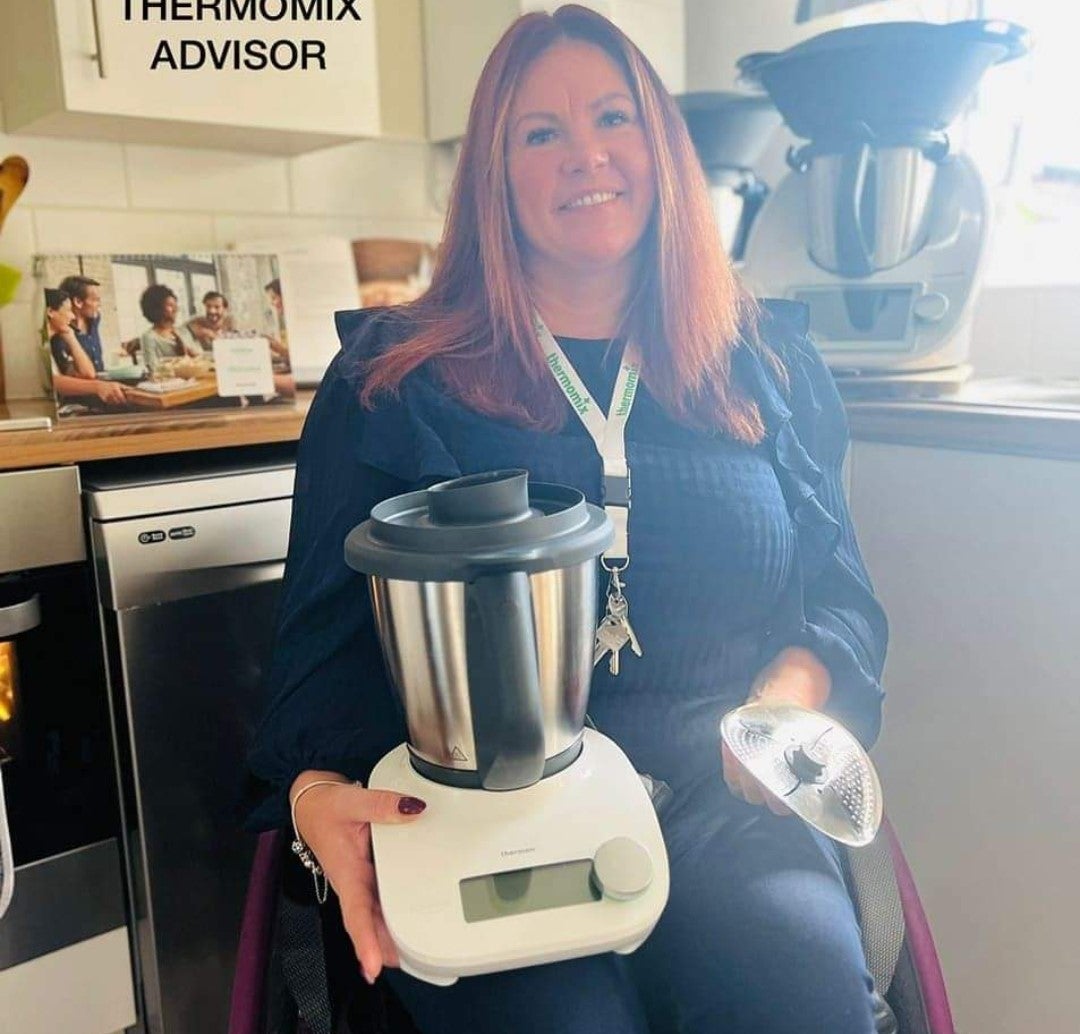
The mother of two to Tia, 18, and Chloe, 26, moved into an accessible home in November 2020, which she described as her “turning point” as it enabled her to regain some independence and improve her mental health.
By September 2022, she resumed working, finding new purpose in selling multi-use cookers to other disabled people, and by November 2023, she was driving again.
She has not had a seizure since 2023 but still uses a wheelchair – Kerry can stand up, but it is her “goal” to one day fully walk again.
Kerry told PA Real Life: “My whole body would contort, my jaw would stretch as if it was going to snap, my legs and arms would flip up.
“My feet would twist inwards, I completely flipped over.
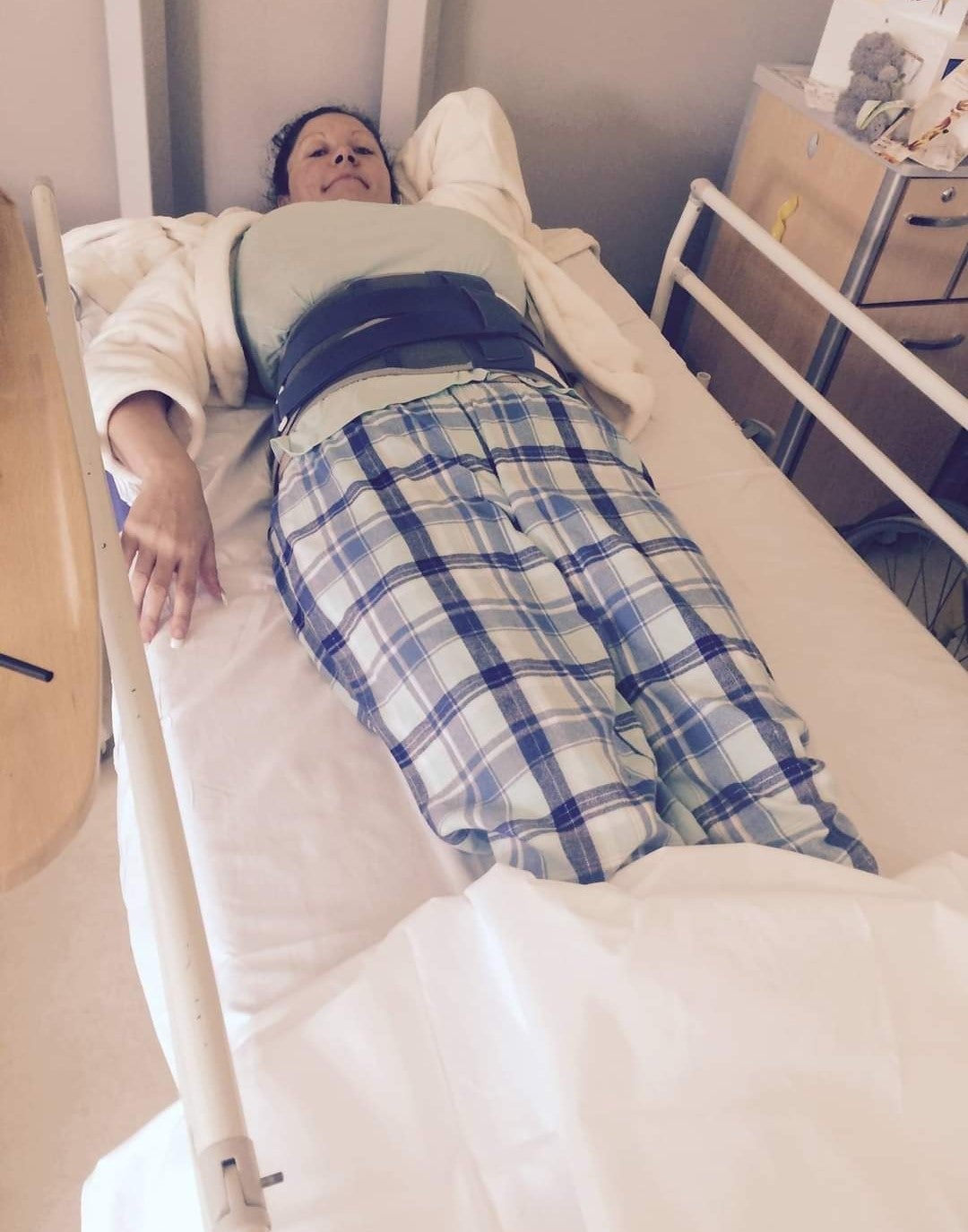
“They were quite violent, really – the only way to describe it was (like) something off The Exorcist.”
In June 2016, Kerry was at a park with a friend and, being a “big kid”, volunteered to go on a 10-foot inflatable slide with one of her friend’s children.
Coming down to the bottom of the slide, she “lost control and landed on a hard floor.”
As her friend called 999, Kerry began to lose sensation in her left side.
It turned out she had a stable fracture and needed to stay in hospital for around a month.
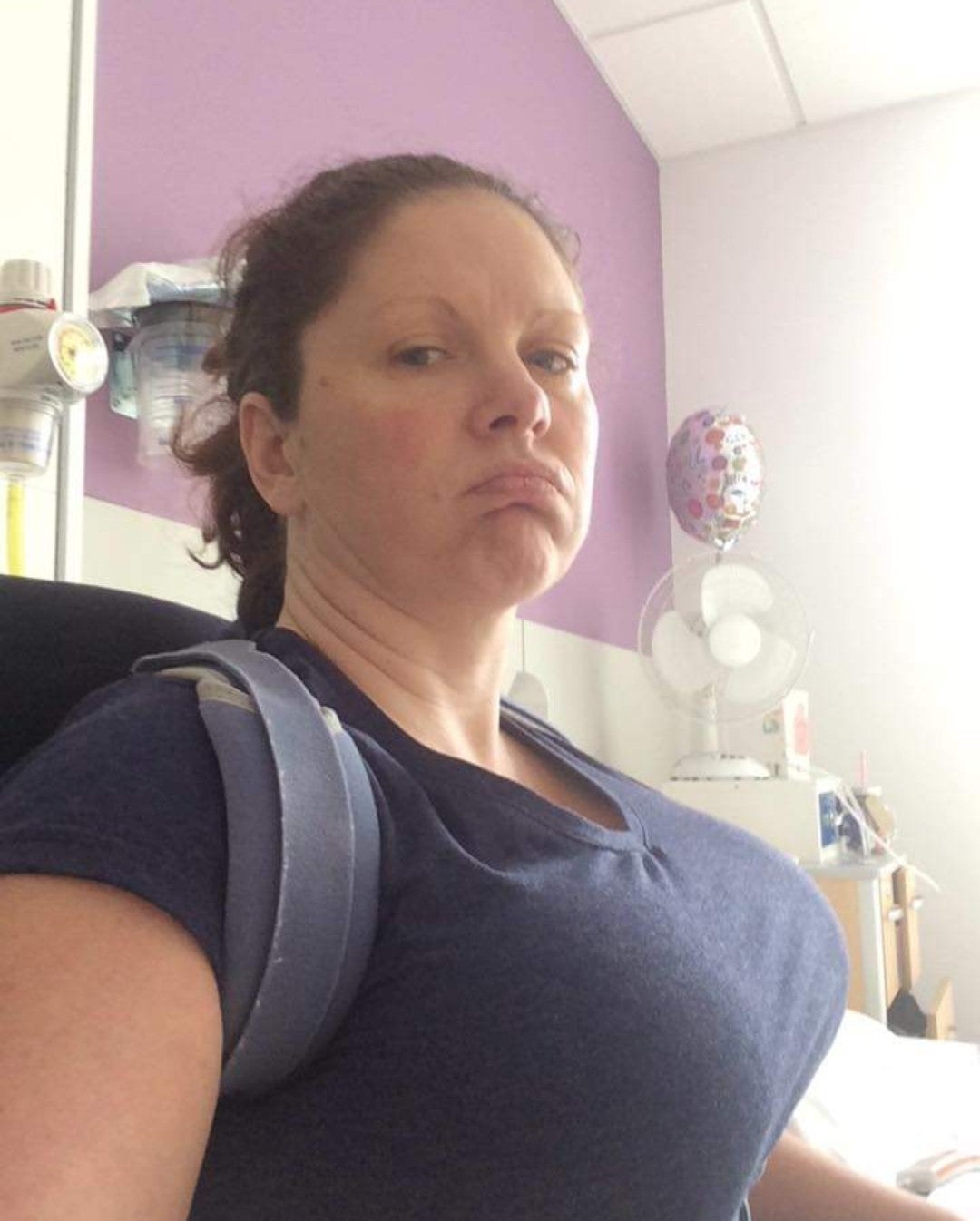
In hospital, Kerry wore a back brace and struggled to eat or drink by herself, which she said was “mentally challenging”.
“It was a scary time and lonely because at the time I did not have a partner, I was away from home,” Kerry added.
“I’d just got a four-week-old grandson at the time, so my daughter needed me, and that was going through my head.
“My youngest was just leaving junior school, and I was thinking ‘How am I going to be a mum if I’m lying here like this? How am I going to be able to do my career? What is going to happen with my house?’.
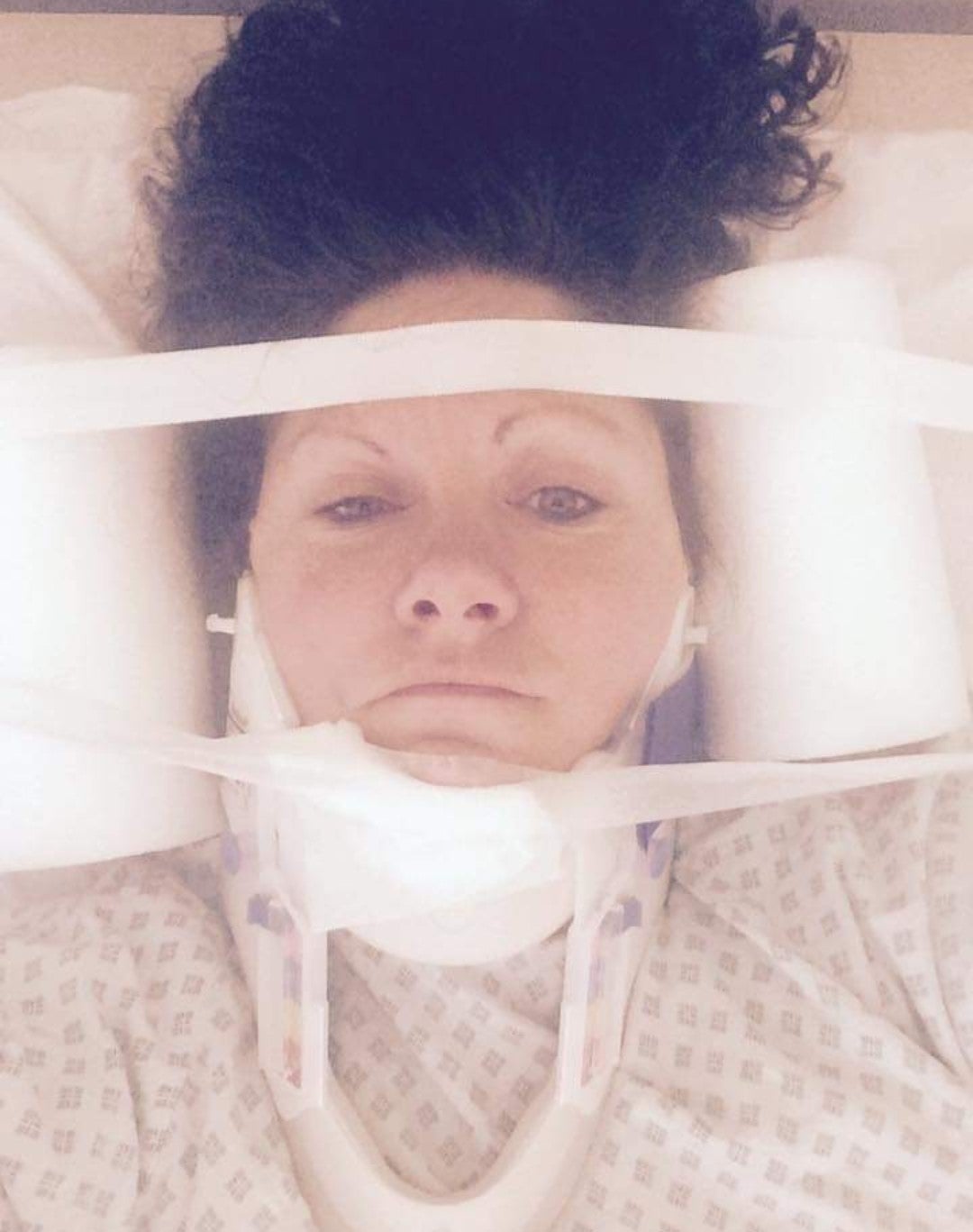
After being at home for around six weeks, carers would come and help her take her back brace off and put it on and she was eventually able to drive again and regain some independence.
But over time she began getting more fatigued and by December 2016, she started having facial spasms and full-body non-epileptic seizures almost every day.
Her seizures could sometimes go on for hours – the longest lasting six hours.
Kerry found stress, exhaustion and pain could trigger a seizure and after she had one, she would retain water, be very tired and sometimes lose her vision.
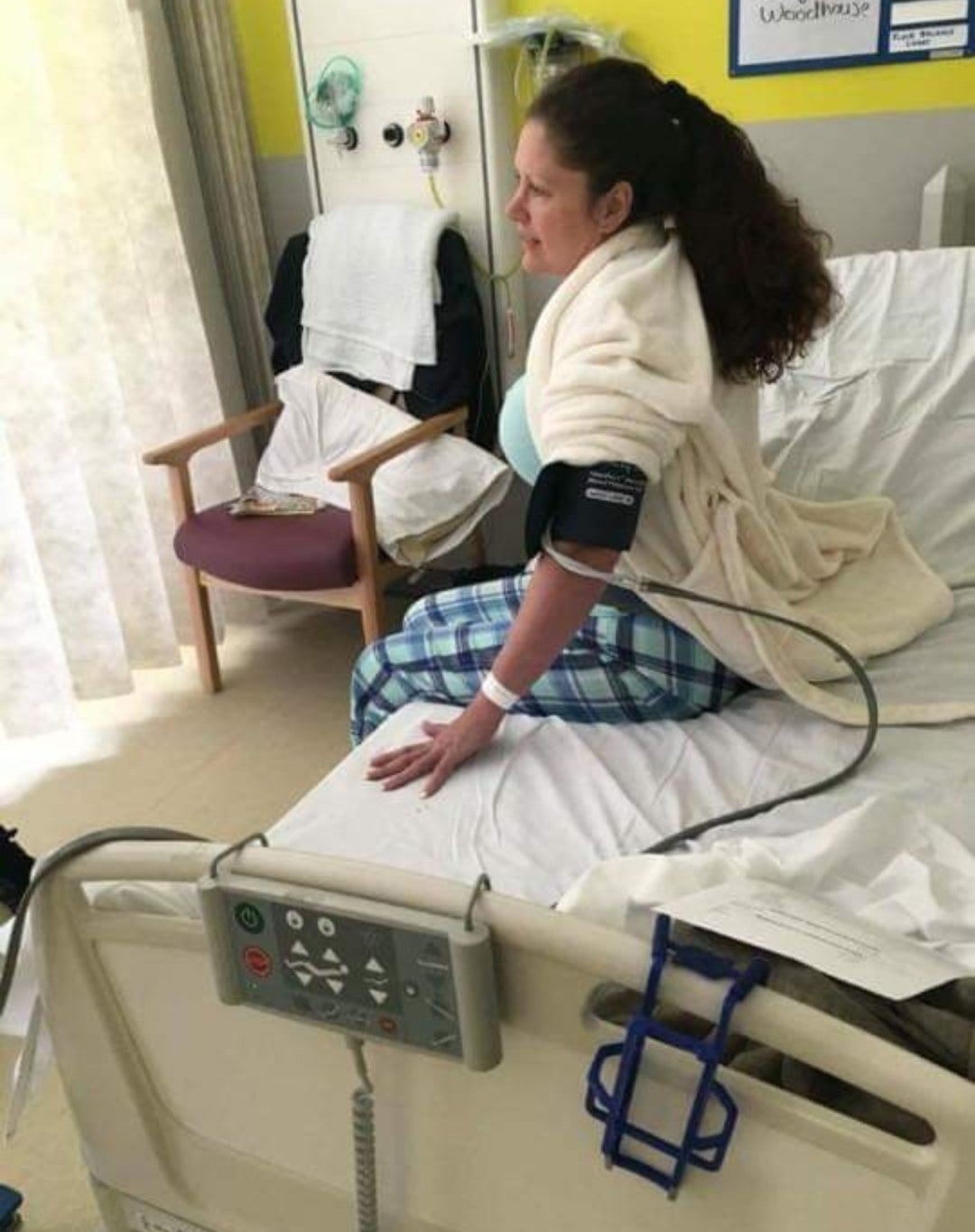
She also had to give up driving and needed support with cooking, cleaning and getting into the shower.
While in recovery, she withdrew from her nursing course at Birmingham City University, which she said was “very difficult” as it was “another thing being taken away” from her.
“I would cry and just had enough,” she added.
“I’d be like, ‘Why me, why is this happening to me? I just want my life back’.
“I felt like I was letting everybody down and not being the mum, nan, friend that I should be – I felt so guilty.
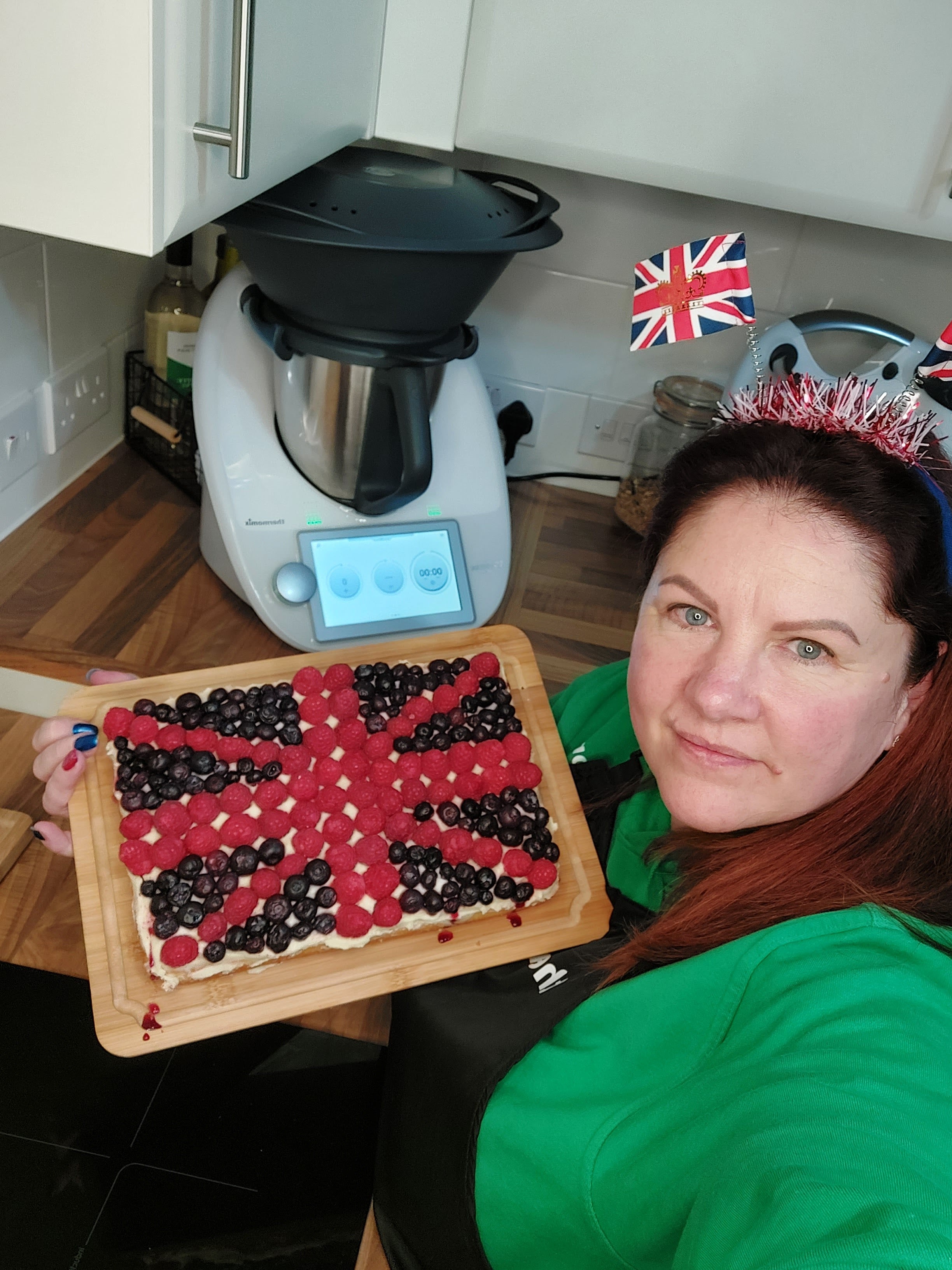
“Everything around me was crumbling and I felt like I was just existing, not living.”
In February 2017 she was diagnosed with functional neurological disorder, which was causing the seizures.
She came to rely on a wheelchair to improve her day-to-day life after her legs “would not move” following a seizure.
“I went from someone who was looking after people in wheelchairs to being in one, so I’ve been on both sides of it, which I think helped, but it was incredibly hard to adjust to,” Kerry said.
“I felt like I lost everything.”
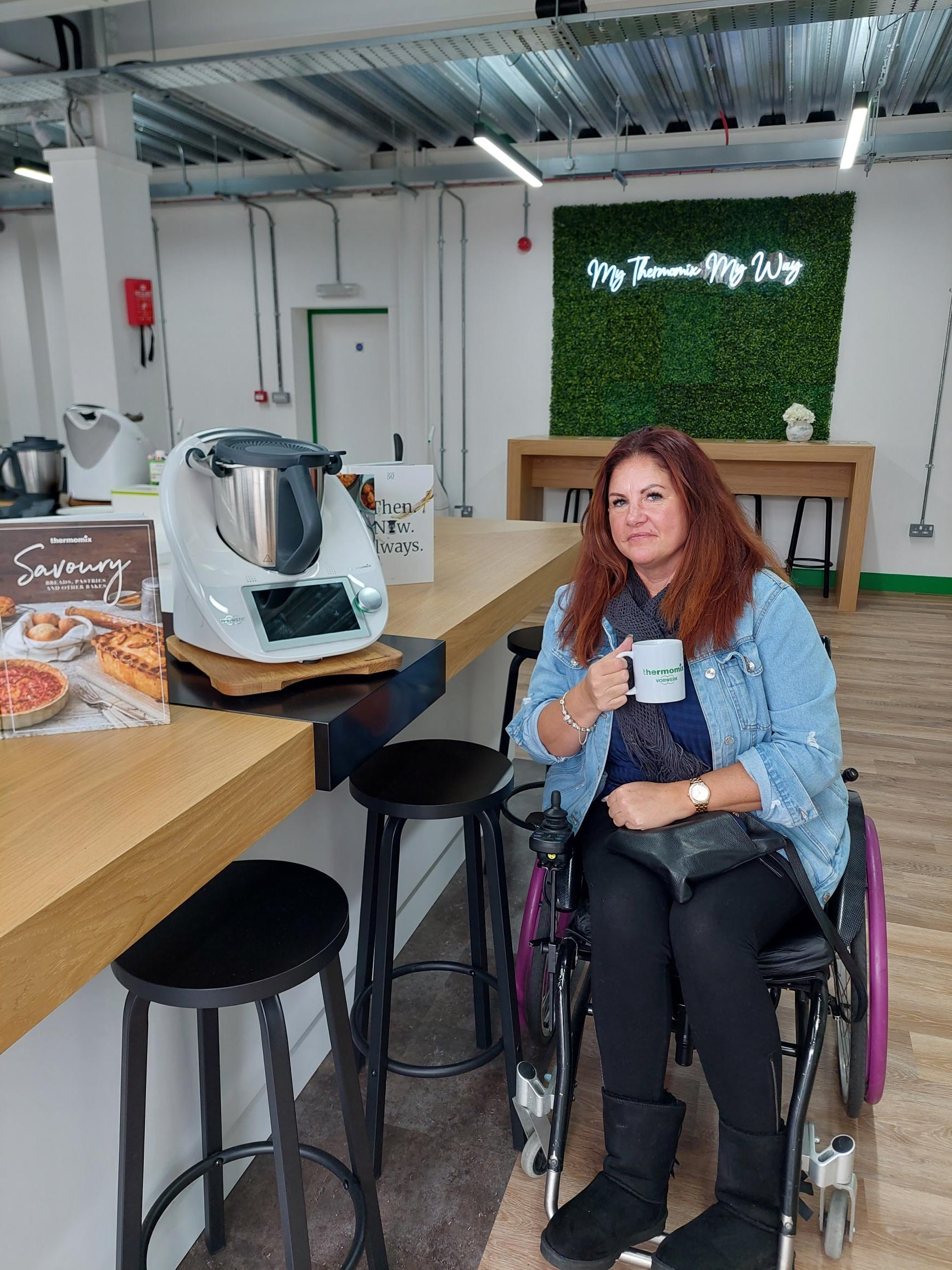
Her health team suggested that she be put into a care home, but Kerry “stood her ground” as she did not want to “lose another thing.”
Eventually, in November 2020, she was able to move into an accessible home with a lift and countertops with adjustable heights.
This was her “turning point,” and her mental health began to improve as she could also get into her garden via a ramp, got a dog and slowly gained more independence.
In turn, she felt a lot less stressed and her seizures stopped, something that Kerry, at first, “could not believe”.
Kerry also took up cooking as a hobby and no longer relied on ready meals and convenience food.
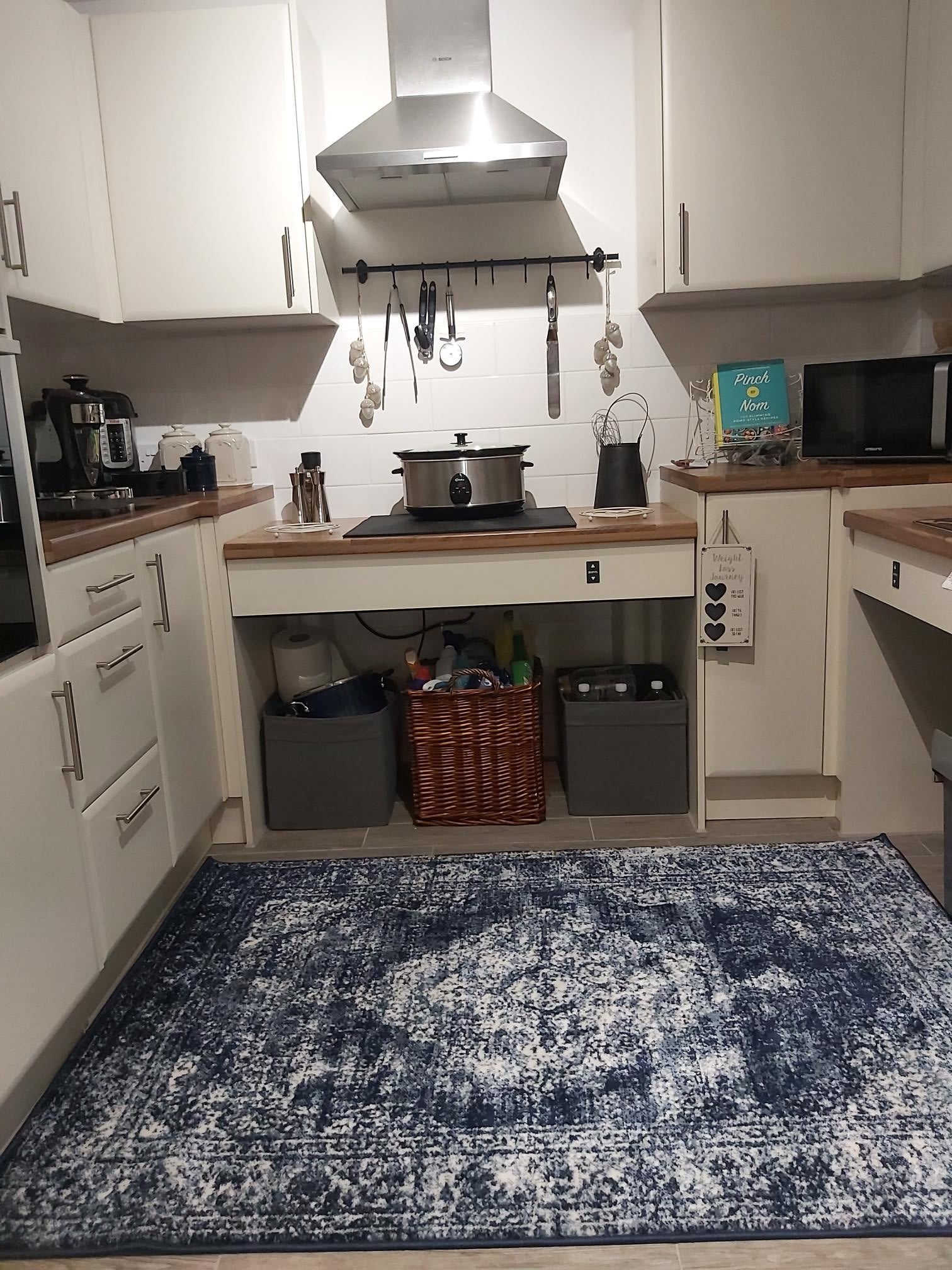
As a result, her mood improved even more and she especially found that using a Vorwerk Thermomix, an all-in-one multicooker that combines multiple functions in one device, made things easier and helped her to be more creative with food.
In September 2022, she even began working as an independent Thermomix adviser to help sell Vorwerk products, as she realised it could appeal to other disabled people.
Vorwerk is a member of the Direct Selling Association which is a quality mark for reputable direct selling companies in the UK.
Day-to-day, she shows people how the device works and how it can change their lives.
She said: “Honestly, it makes me cry thinking about the people I’ve helped – like one chap who was in a road accident and can only use one of his arms now has his independence back.
“It’s helped my mental health so much too.”
In November 2023, she got her driving licence back after a driving assessment and an eye test.
Since then, she feels like she has got her “freedom back” and has driven a whopping 12,000 miles.
She continues to live in an accessible home and use a wheelchair.
Kerry said: “It’s a work in progress, but I scoot along with my legs, sitting on the wheelchair, and I’ve got movement in my legs, but it’s just a work in progress.
“It’s a goal for me to walk again.
“I’m training to be a team leader now too.”
Looking back on her experience, she said: “It’s definitely made me more grateful for things and appreciate what’s around me and the people around me.
“I never gave up, and I think that was the main thing.”
For support, visit: www.samaritans.org.

